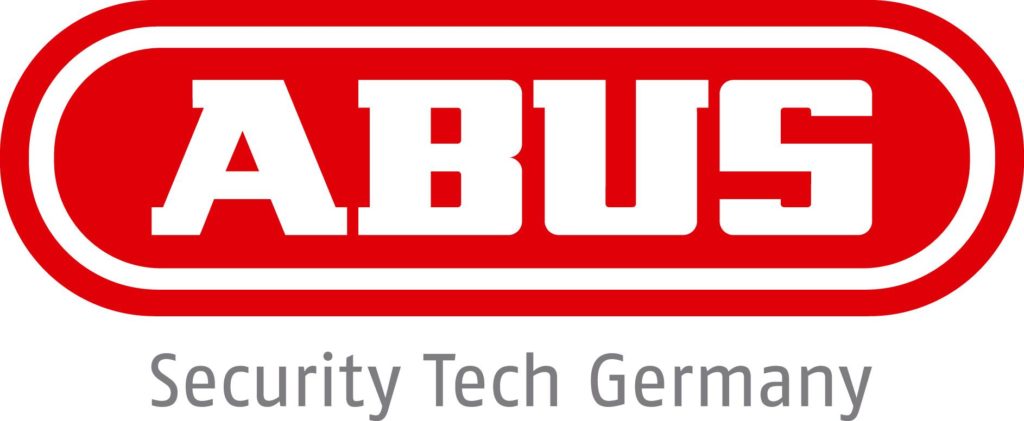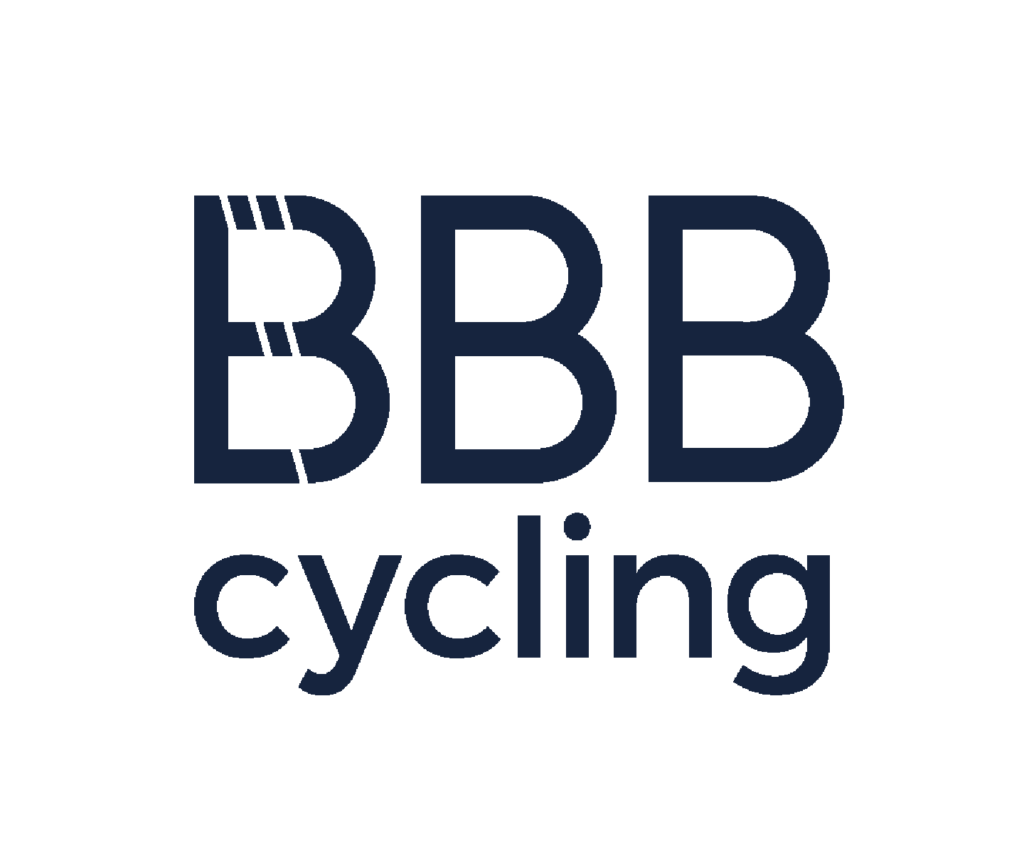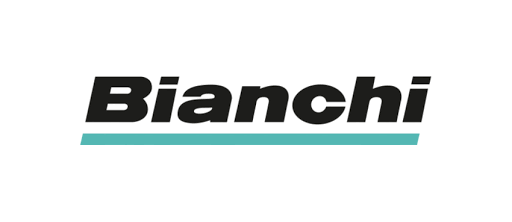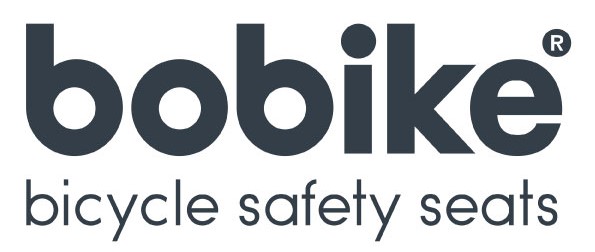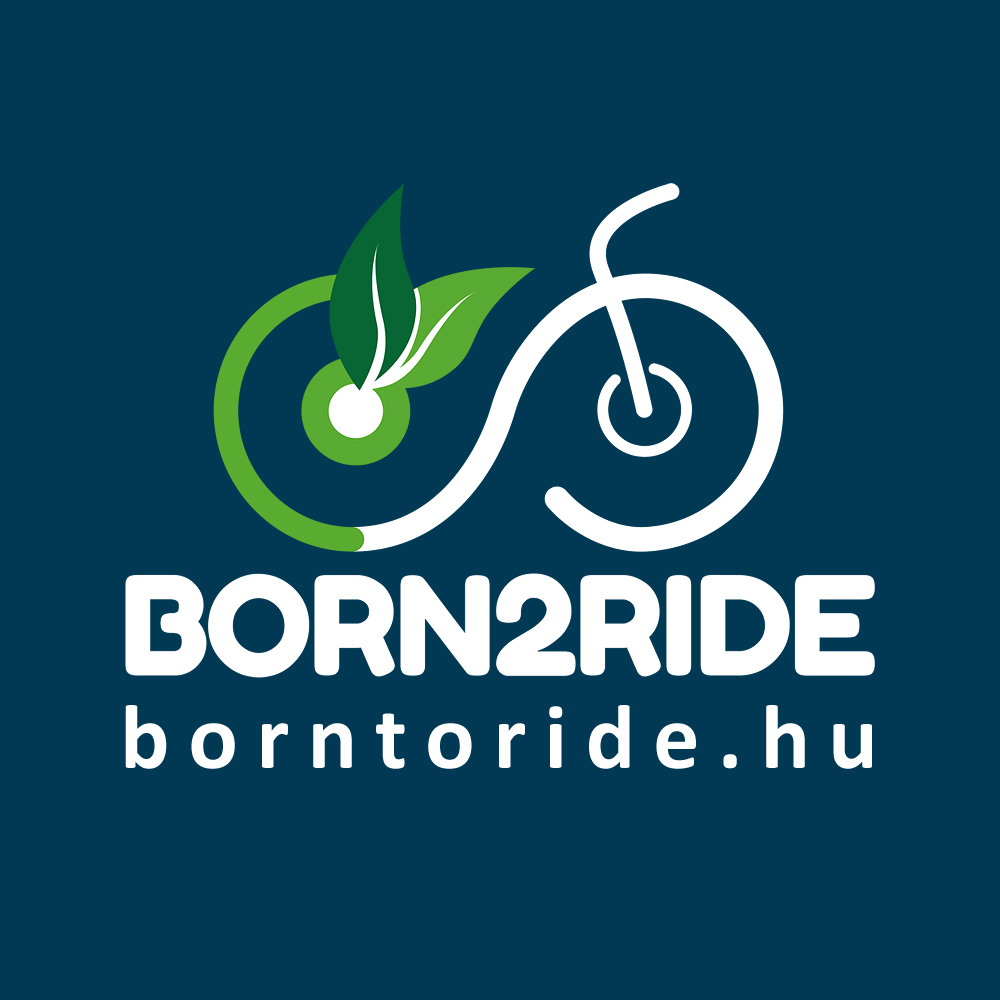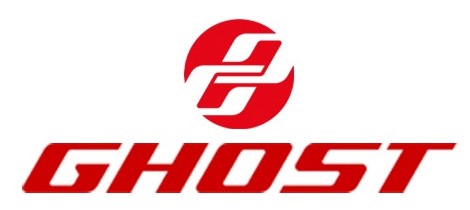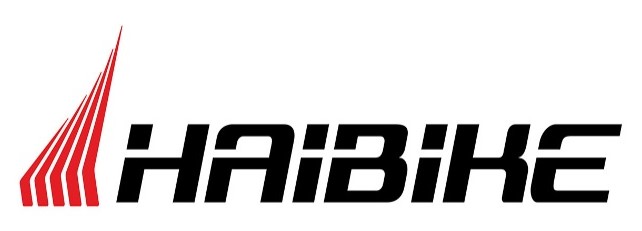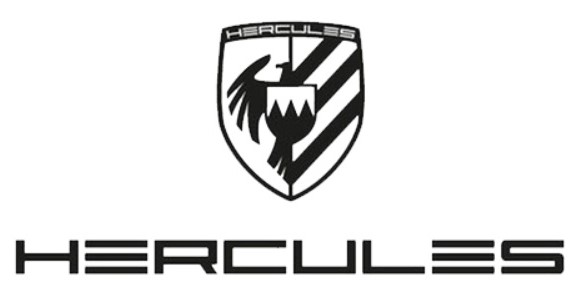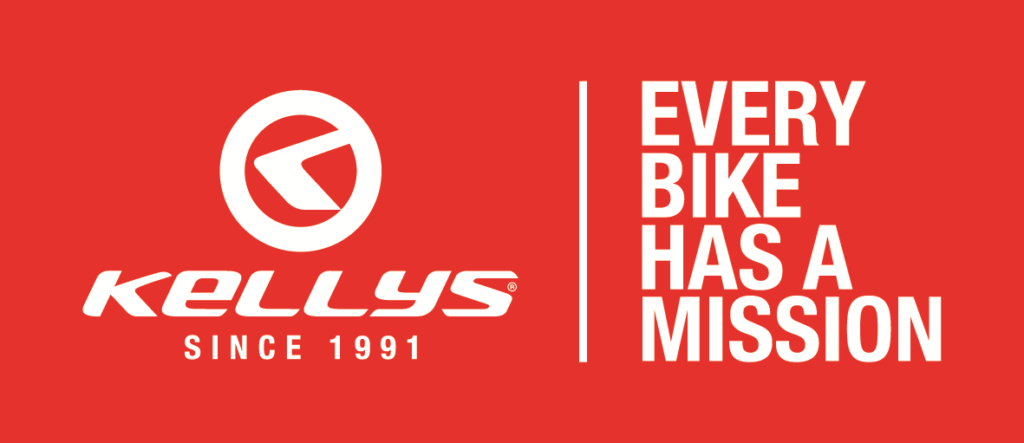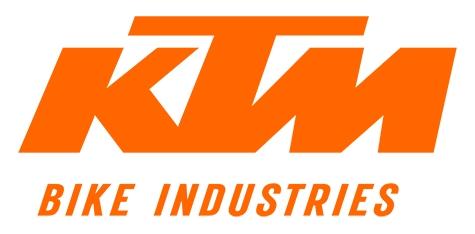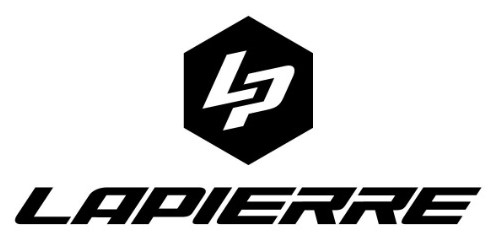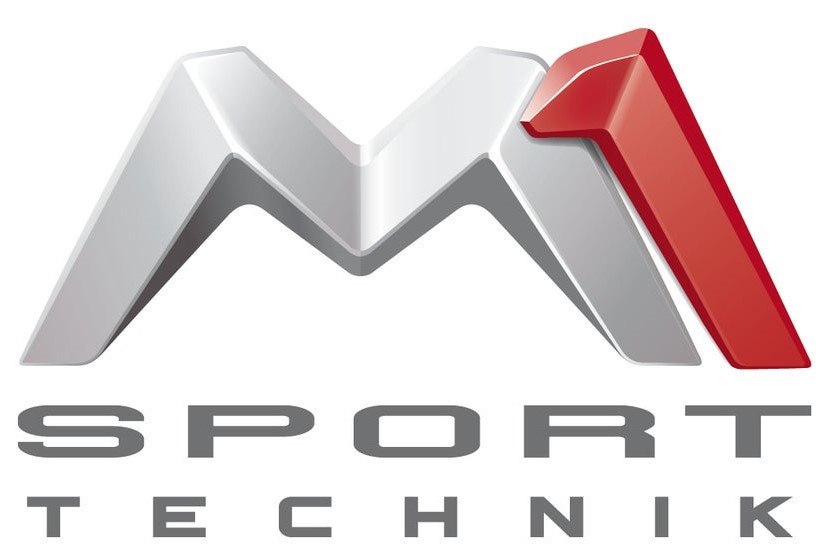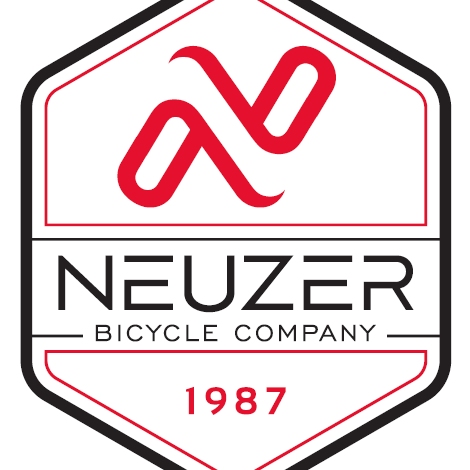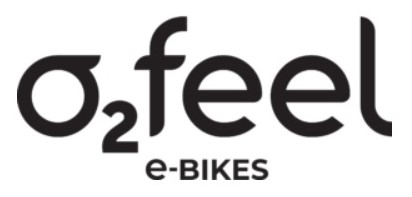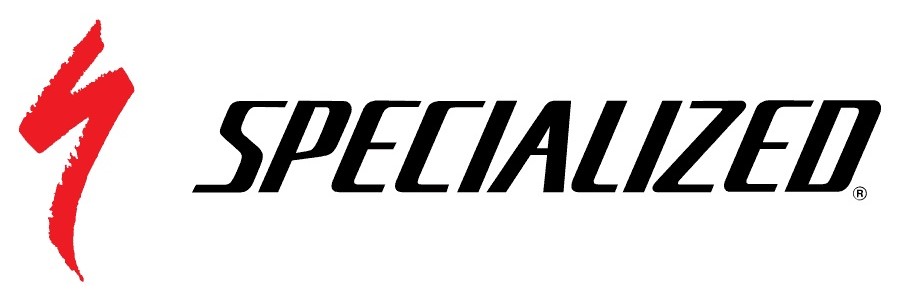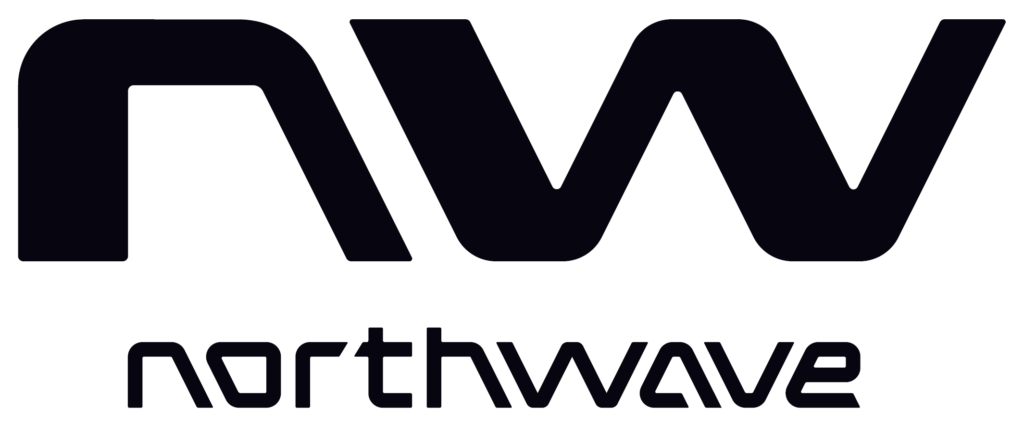E-Bike Test & Show
THE FUTURE IS ON THE MOVE! MEET US 19-22 FEBRUARY 2026!
The world of electric bikes is getting more and more exciting every year and now you can try them out too!
The Caravan Salon will bring this world one step closer at HUNGEXPO in February 2026.
The E-bike Test&Show in 2026 will return to HUNGEXPO, where you can try out more than 100 e-bike models on a spacious indoor test track. Whether you’re looking for a sporty, urban or touring bike, you can not only see the latest developments and technologies, but also test them in a real life environment.
The event will be organised at the same time as the Travel Exhibition, the Caravan Salon and the Budapest Boat Show, allowing water, land and bike travel enthusiasts to explore the world of leisure mobility in one place with a single ticket.
The Caravan Salon takes place at the same time as the Travel Exhibition, the E-bike Test&Show and the Budapest Boat Show – four themed events with a single ticket. This way, enthusiasts of water, land, bicycle and mobile holidays can discover the full range of travel options in one place, providing inspiration, new ideas and experiences for the upcoming season.
⚡ Roll your experiences! Join us between 19-22 February 2026!
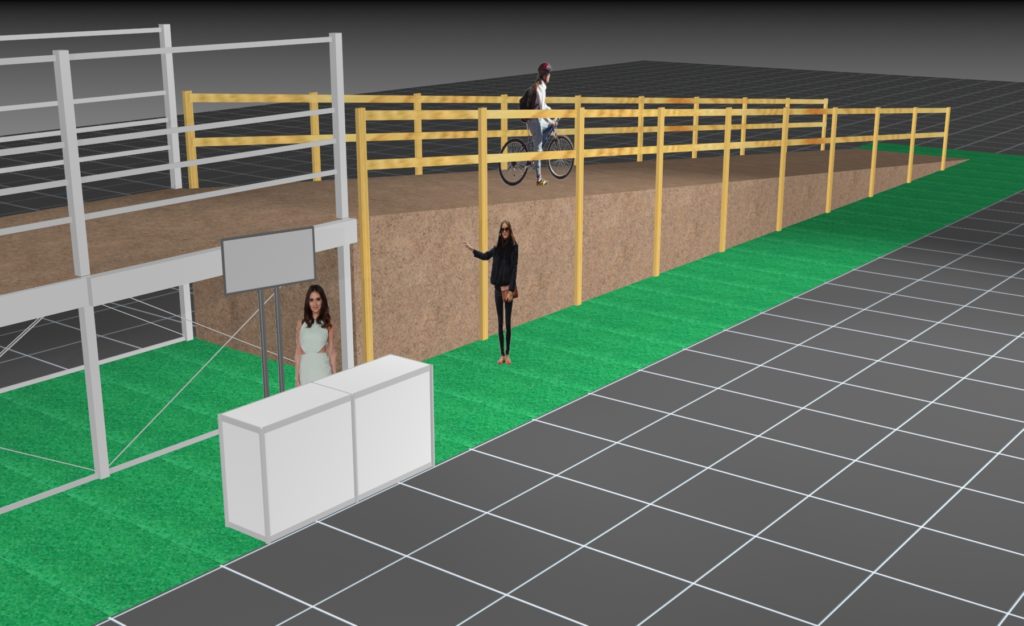
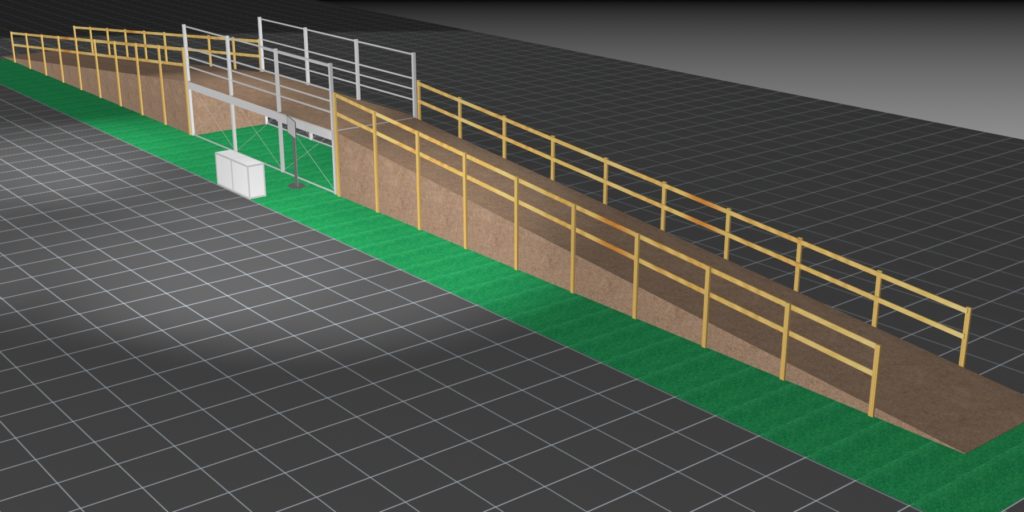
At the heart of the track will be a bridge where testers can actually experience the e-bike experience. Helmets will be provided by the exhibitors for use on the test track.
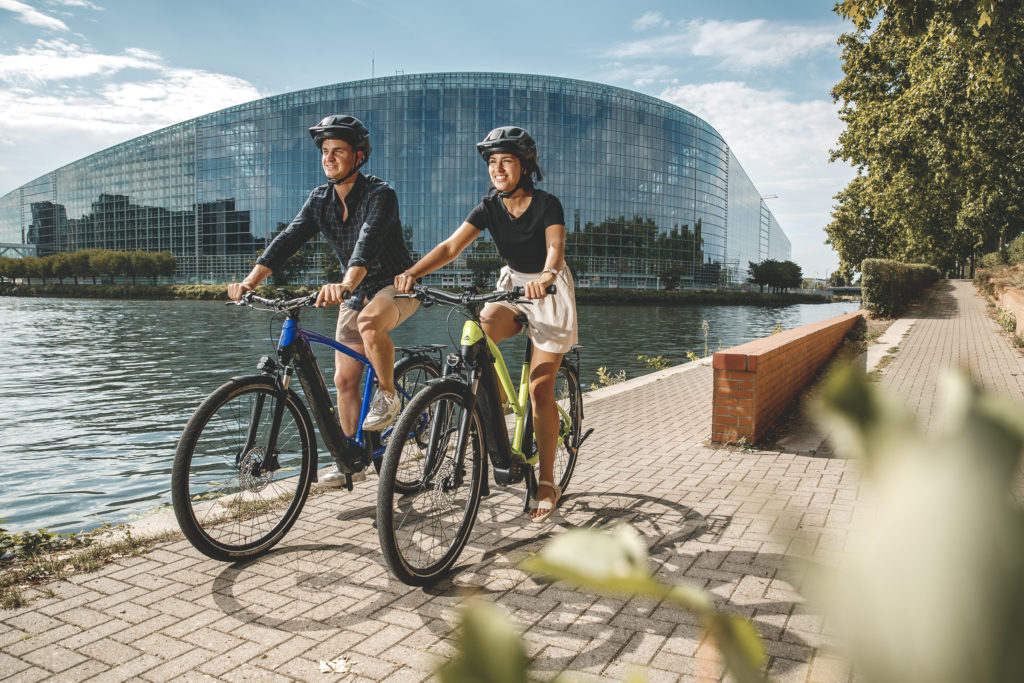
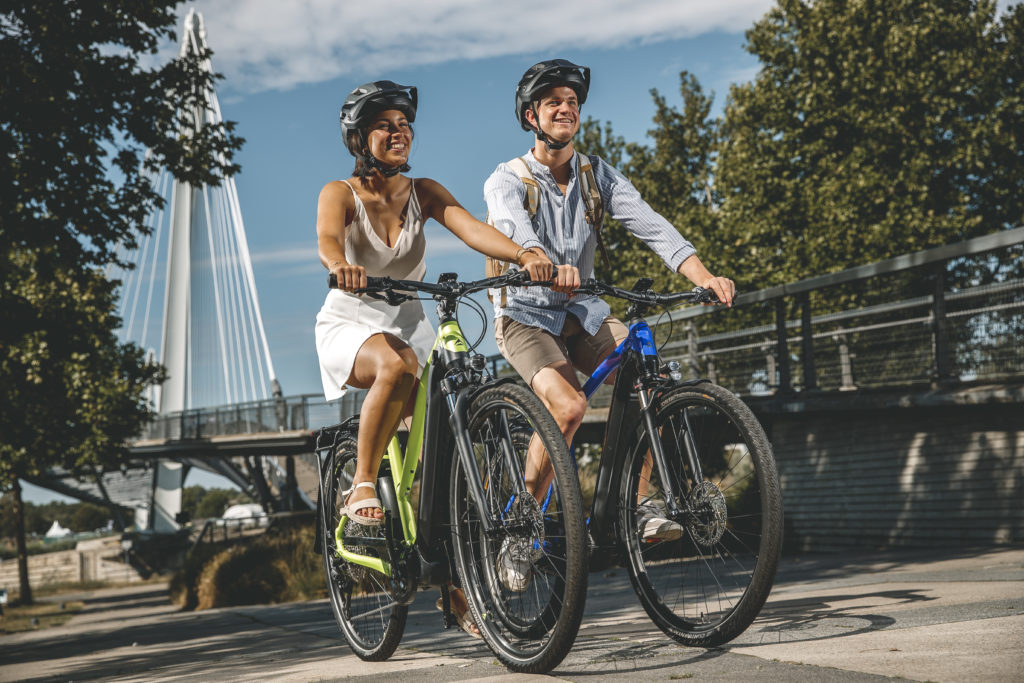
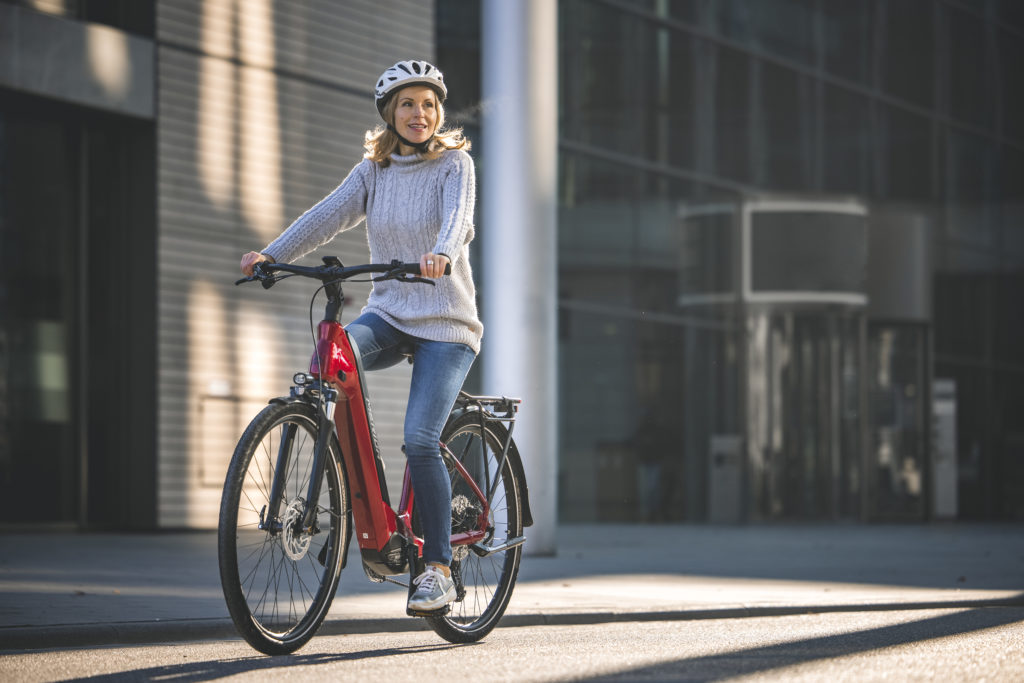
The modern e-bike, the pedelec
What do you need to know about today’s electric-assisted bikes?
Electric assisted bicycles are developing rapidly and are becoming increasingly popular among hikers and road users alike. In comparison, many of those who have tried them or are thinking about purchasing them do not even know how these bikes work.
When we talk about how an electric-assisted bicycle – a pedelec – can do more than a conventional bike, the first approach is to forget about the technical data and other parameters. Let’s focus primarily on the human aspects, let’s see what these machines have to offer in terms of quality leisure time. If you haven’t tried it yet, note their most important feature: these modern e-bikes only work with human propulsion, and the electric motor only adds a certain amount of help to moving forward, depending on the mode you choose. In other words, we can work our feet on a pedelec just as much as we would like. In the end, we get tired, even burning thousands of calories. For many, due to their age, weight and possibly weaker physical condition, their biggest fear on a traditional bike is that it can become awkward and hard to climb steep climbs. Well with a pedelec bike this will definitely not happen, the electric assistance will help just the right amount to reach our goals.
Perfect freedom in nature, when experience and not performance comes to the fore in the saddle of a bicycle. In short, this is how you can summarize the main value of modern, torque-sensing pedelec bicycles.
E-bike history
From the beginning of the 20th century, we can also register various electric powered vehicles and bicycles.
- 1989: This is when the first series-produced Western European electric bicycle, the Hercules Electra, is completed, which can travel at a speed of 20 km/h.
- 1992: After several years of development work, Michael Kutter launches a mass-produced pedelec bicycle on the market, which works on the “pedal-electric-cycle” principle, meaning the motor helps depending on the pedal rotation.
- 1993: The first bicycle based on pedal rotation, pedelec system, rolls off the Yamaha production line. In a few years, 300,000 units of the PAS will be sold in the Far East, i.e. this is the first pedelec produced in a large series.
- From the middle of the 1990s, lithium-ion batteries also started to spread, which nowadays dominate the market.
- 2000: The Hungarian-owned Gepida launches the first series of domestically produced pedelec bicycles on the market.
- 2008: The Canadian BionX system appears, which also spreads throughout Europe on pedelec bicycles. Thanks to the rear hub motor design, the BionX can recharge the battery while braking.
- 2011: Bosch GMBH enters the pedelec business and launches two new drives, which immediately become world-class.
- 2012: Bosch opens a pedelec production plant in Miskolc, Hungary, thereby providing jobs for domestic workers.
- 2012: The LithoRec project, which is owned by Chemetall Gmbh, is launched, and with a total of 40 subsidiaries worldwide, the recycling of Li-Ion batteries, which has been an unsolved problem until now, begins.
- 2013: Shimano presents the STEPS electric pedelec system, and soon they fight head-to-head for the market leadership position with Bosch engineers, the “e-bike boom” continues today.
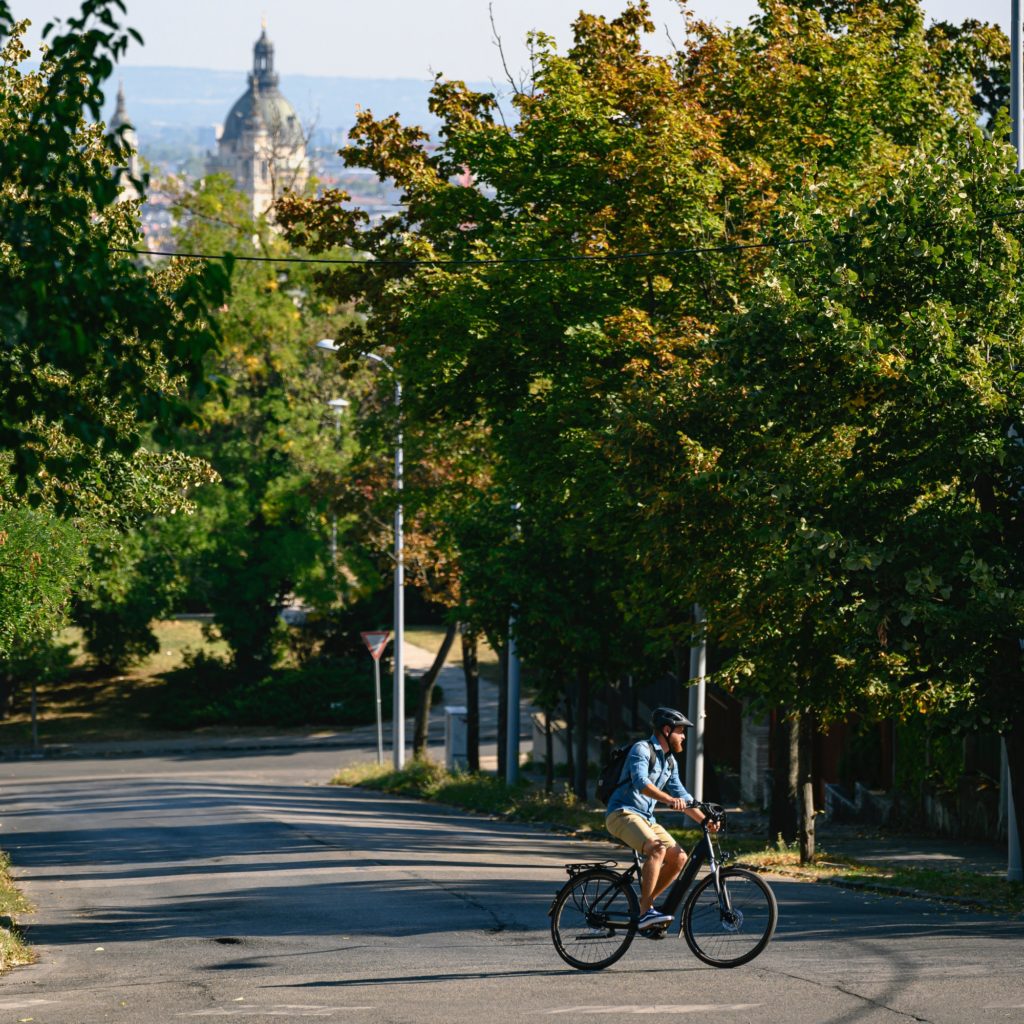

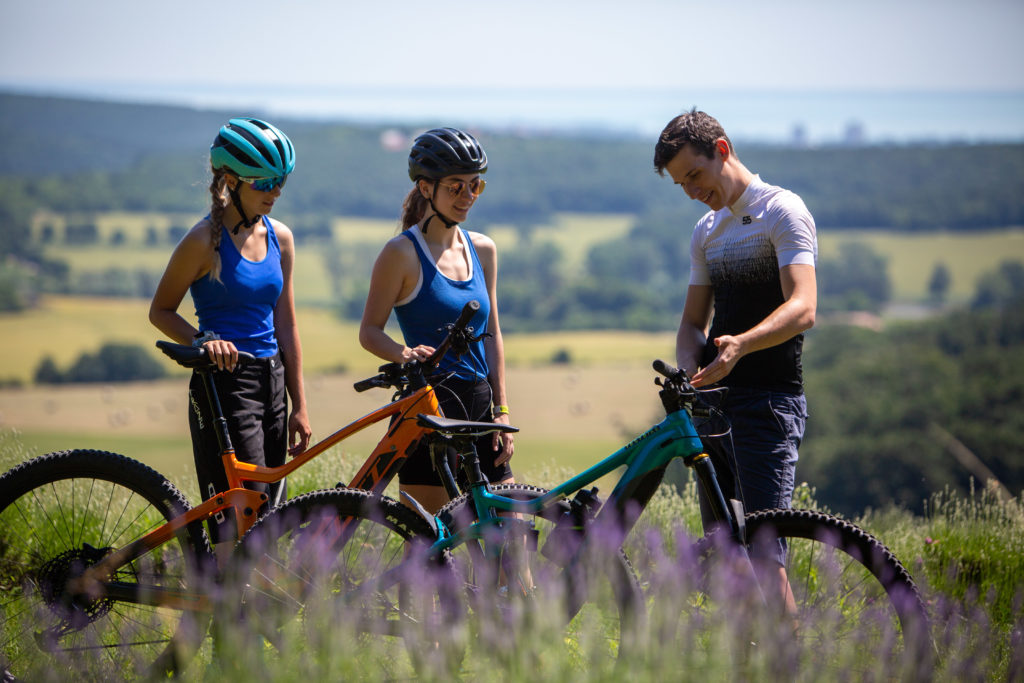
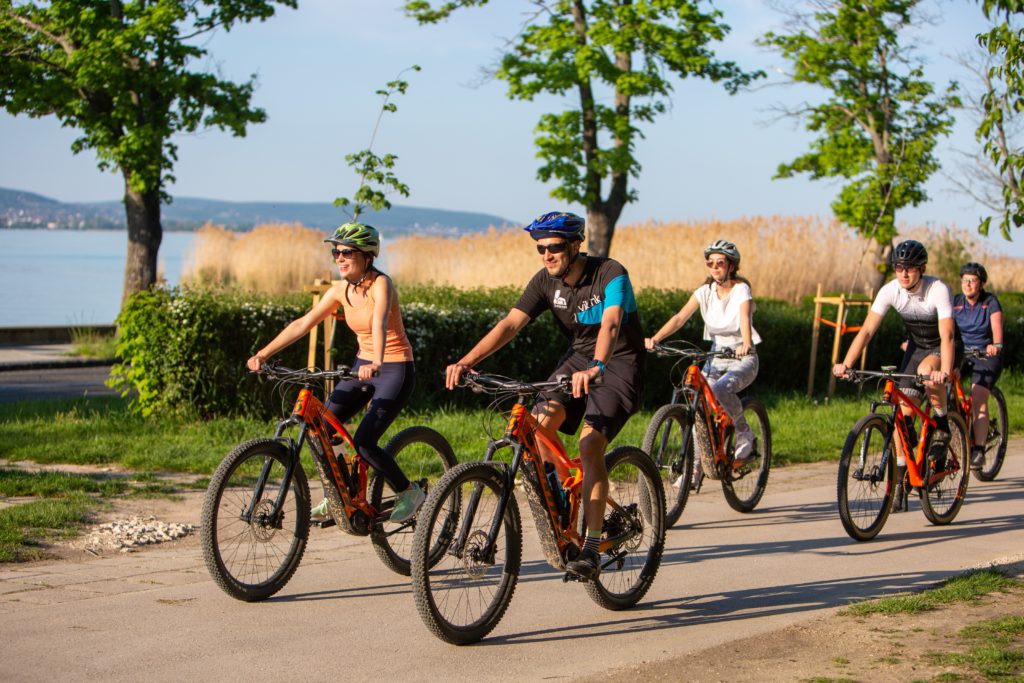
Brands participating in the exhibition:
